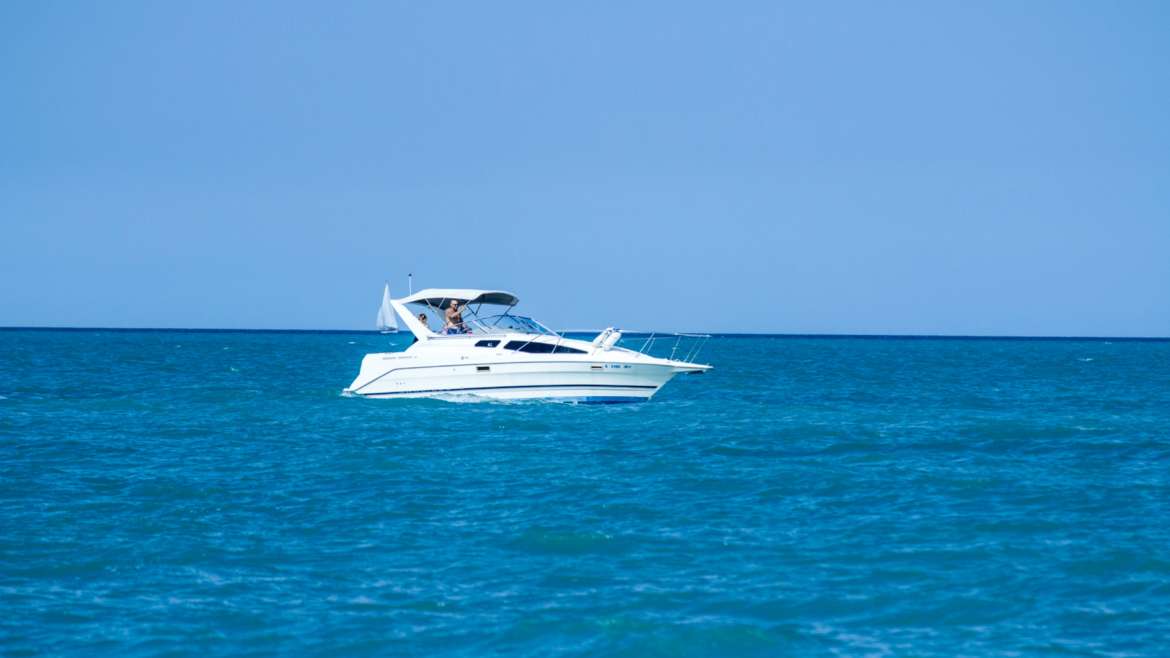
There are almost 40,000 registered boats in the Ocean State. As the Fourth of July weekend approached, the RIDEM Environmental Police and the U.S. Coast Guard were vocal about the number of boating collisions and allisions that occur every year. These events happen particularly over the weekend for the summer season. Our blog post today will discuss some of the issues that arise as a result of boating under the influence and other boating accidents. Some activities may lead to civil violations or criminal convictions, and even a civil suit.
Boating Under the Influence (“BUI”)
One important issue surrounding boating accidents, during the summer more particularly, is operating a boat while impaired or under the influence of drugs and/or alcohol. “US Coast Guard 2019 statistics show alcohol was the leading contributor in 23% of deaths in all fatal boating accidents, a 4% increase from 2018.” R.I. law is clear on “drinking and boating” or BUI. The same .08 blood alcohol content limit that applies for driving under the influence laws applies to boating under the influence.
The penalties associated with a conviction for boating under the influence and the testing standards (breathalyzers, blood and/or urine testing) are the same as those for driving under the influence. The penalties vary based on the type of BUI one is charged with. Many of the charges are misdemeanors, although some are simply civil violations. More serious cases have heightened charges, though. For example, if someone sustains serious bodily injury or dies as a result of a person boating under the influence, that person faces felony charges. Further, that person will, if convicted, serve three to five years in prison, pay up to $5,500 in fines, forfeit their right to operating watercraft for a three-year period. Finally, the convicted person must complete substance abuse counseling/treatment.
For the July 4th holiday weekend, RIDEM Environmental Police, the U.S. Coast Guard, and other partners will be on heightened enforcement patrols to curb the number of people drinking or using drugs and boating. This initiative was part of the Operation Dry Water campaign.
A Civil Suit as One Result of a Boating Accident
Aside from BUIs, which occur fairly often, there are also a number of boating accidents which occur without the influence of drugs or alcohol. Sometimes these are unavoidable and truly accidental. Also, sometimes they occur as a result of the failure(s) to adhere to different laws, regulations, and/or the so-called “rules of the road” which apply when boating. These too may result in civil violations, misdemeanors, or felonies. The type of violation depends on how and why the accident occurred, who was injured, the extent of the injuries, etc. All boating accidents require the involved owners of vessels to submit accident reports to RIDEM, which detail the facts surrounding the accident.
One recent example happened near Sandy Point Beach in Warwick, where a shellfisherman was struck in the head by another boat while he was swimming back to his own boat. The owner of the boat that struck him was “cited for operating a motorboat within 50 feet of a dive flag, improper lookout, failure to avoid a collision, and expired visual distress signals.”
All of the violations and criminal convictions aside, however, there is still one potentially looming problem. A civil suit. In the above example, the man who sustained injuries as a result of the accident may file a civil suit against the owner of the vessel which struck him. This may be for any injuries sustained and the medical costs associated with those injuries, or for property damage if there is any. Additionally, most boating accidents may be brought as a civil suit in admiralty, which makes the case in several ways.
The attorneys at Desautel Browning Law are experienced in both regulatory violations and the mechanics of a civil suit. Contact us today to discuss any help we may provide related to the topics in this blog post.
We are available by email and phone at 401.477.0023.
